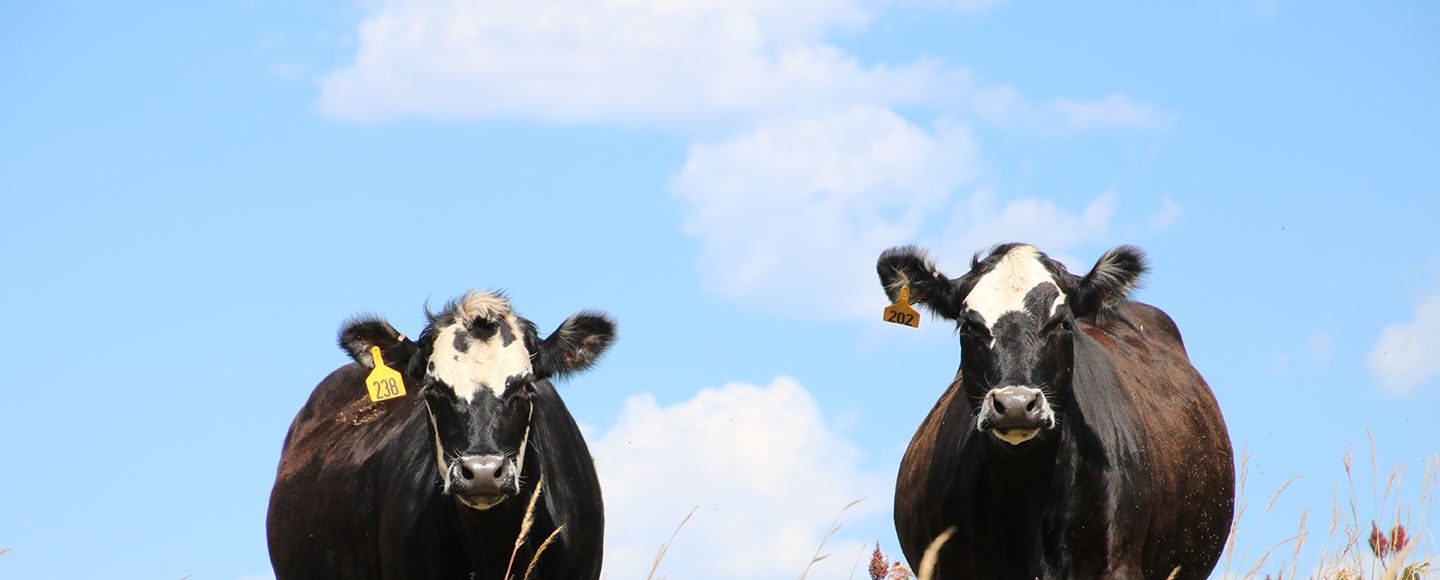
The Kansas Department of Agriculture Division of Animal Health (DAH) is encouraging livestock owners to be aware and take precautions to minimize the potential of animals contracting the vesicular stomatitis virus (VSV). Officials said particular attention should be given to animals commingled at competitions and similar events. Multiple cases have been confirmed in Texas, Colorado and New Mexico. There have been no cases of VSV reported in Kansas.
VSV primarily affects horses, but cattle, sheep, goats, swine, llamas and alpacas also are susceptible. Symptoms are fever and the formation of blister-like lesions on the mouth, nostrils, ears, hooves and teats. Infected animals may refuse to eat and drink. There are no USDA-approved vaccines for VSV.
The primary method of transmission is biting insects like black flies, sand flies and midges. It also can be spread by nose-to-nose contact between animals.
VSV typically runs its course in five to seven days. It can take an additional week for infected animals to recover.
DAH has implemented enhanced import requirements from the affected regions to prevent the spread of VSV into Kansas.
Any person who suspects animals may have the virus should contact their local veterinarian or state animal health official, as VSV is considered a reportable disease in Kansas. Premises with infected animals are quarantined for at least 14 days after the last affected animal is diagnosed. Questions or reports of suspicious animal health should be directed to DAH at (785) 564-6601.